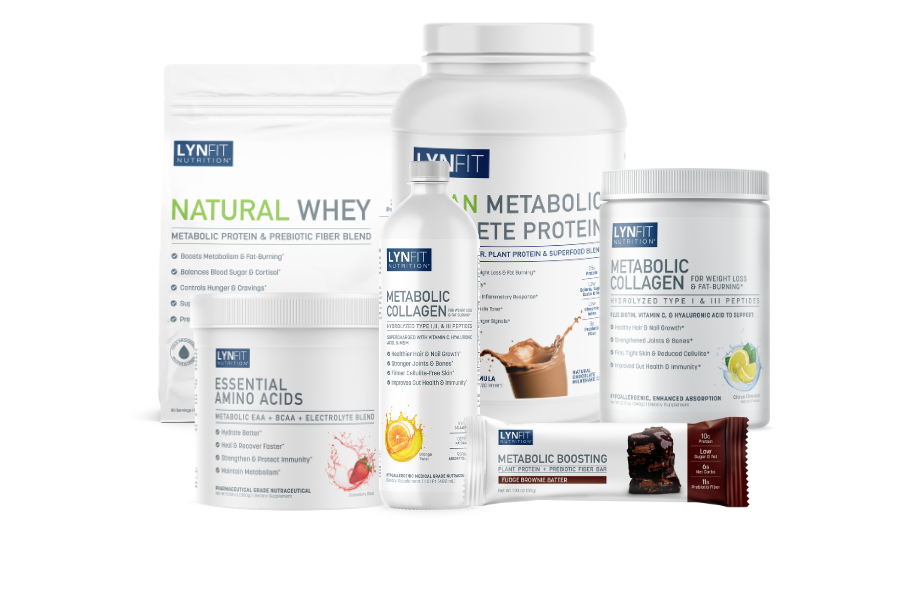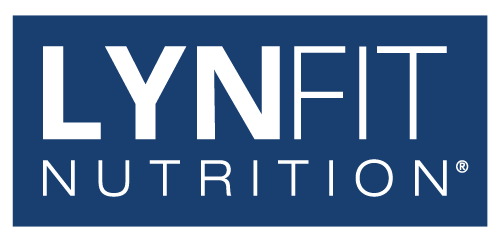
Why Is Protein So Important When You're Losing Weight?
Share
Successful weight loss and fat burning require a calorie deficit, which means eating less and consuming fewer calories. This means the foods and macronutrients you consume are even more important.
As a metabolic nutrition and fitness expert, I often see a crucial misunderstanding when it comes to weight loss and health improvement-not all protein sources are equal. Without the right nutritional supplements, such as protein powder, bars, and/or collagen, as your top priority, it's nearly impossible to meet your body's essential nutrient requirements. This is vital for protecting your health and preventing muscle wasting (sarcopenia) that leads to metabolic slowdown. This is a severe issue, as two out of three Americans are not getting the nutrients they need to keep their bodies healthy, with protein being the most overlooked macronutrient.
Regardless of which method you choose for your weight loss journey, protein needs to be your top priority. If you're taking semaglutide medications, such as Ozempic or Wegovy, or other drugs like them, protein is even more important. Here is why.
Protein is made up of amino acids, which are responsible for keeping every body function and structure healthy. Amino acids help build, repair, and protect muscles and keep bones strong and healthy. Anytime you lose weight, you not only lose body fat, but you also lose connective tissue and lean muscle mass, which should be avoided, and the best way to prevent muscle loss is to meet your body's protein needs every day.
Increasing your protein intake in your diet will not only support your muscle mass and provide fuel for your metabolism, but LynFit Natural Whey Protein, Vegan Complete Protein Powder, Plant-Based Protein Bars, Metabolic Collagen, and Essential Amino Acids make it easy to provide your body with the proper amount of protein it needs in the most usable form. High protein foods can contain all without the excess calories, fat, carbs, or gastric distress. Relying on high-protein foods is costly and not sustainable, especially in today's busy, overstressed times.
Protein doesn't just build and protect health. Research proves protein keeps you feeling fuller longer, helps stabilize blood sugar levels, and controls hunger and cravings, making it easier to stay on track with your healthy eating and exercise habits.
Of course, LynFit Nutrition®️ Natural Whey Protein also has a lower glycemic index than typical proteins because of its superior quality. Also, we add prebiotic fiber for maximum strength, hunger and craving control, and optimal blood sugar support, making it unique. A lower glycemic level means that it’s less likely to increase your blood sugar. It stimulates insulin secretion less and pushes the body into fat-burning mode rather than fat storing or depositing fat. Even the seemingly healthy keto and paleo-friendly meats, poultry/eggs have more fat and cholesterol that can cause weight gain and fat storage, the opposite of what you're trying to accomplish.
Protecting lean muscle is the top priority. It makes it easier to lose weight in less time, helps keep the weight off long-term, and controls hunger and cravings.
How much protein should you be consuming in general or for weight loss?
The recommended daily allowance (RDA) for protein is easy to figure out. But it does involve a little math on your part. Old research suggests lower amounts of protein, 0.8 grams of protein per kilogram of body weight, or 0.36 grams of protein per pound. Newer and more current research suggests that most need closer to one gram per pound.
The best way to break that down and distribute it throughout the day is to aim for approximately 20-30 grams per meal spread out every 2½-3 hours, spread evenly throughout your day or 12-hour eating window.
Nutrition Note: One gram “generally” works for most people, but protein needs vary depending on other lifestyle factors, including how active you are and what medications you are on. Pay close attention to your body and how you feel to determine your ideal protein intake. Teens, men, athletes, and those recovering from illness or injury or over age 40 may require more protein, aiming for approximately 30-35 grams per meal.
Proteins are usually expensive and calorie-dense, so people tend to avoid them when trying to lose weight and improve their health. Unlike typical protein powders, protein sources from LynFit Nutrition®️ are affordable and low in calories, yet they still keep you feeling fuller longer, provide maximum strength blood sugar support, are convenient, and are as delicious as they are nutritious. They are the perfect go-to when you need a healthy snack or meal on the go. Protein is TOP PRIORITY; don't skip it.
